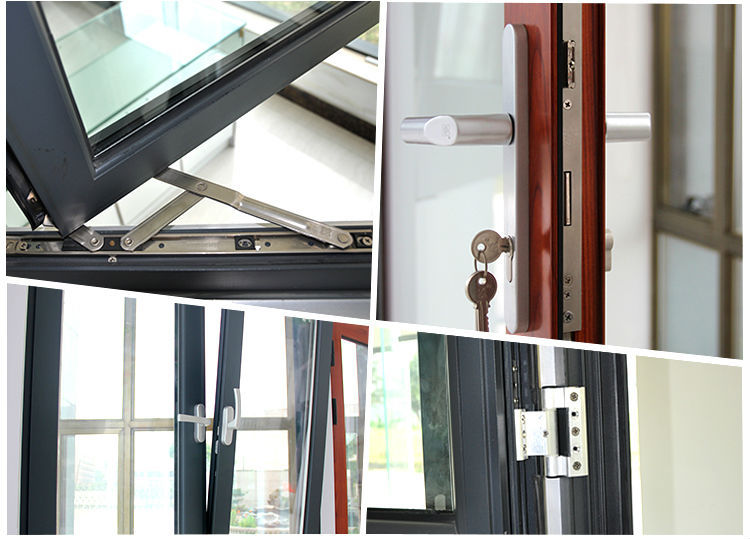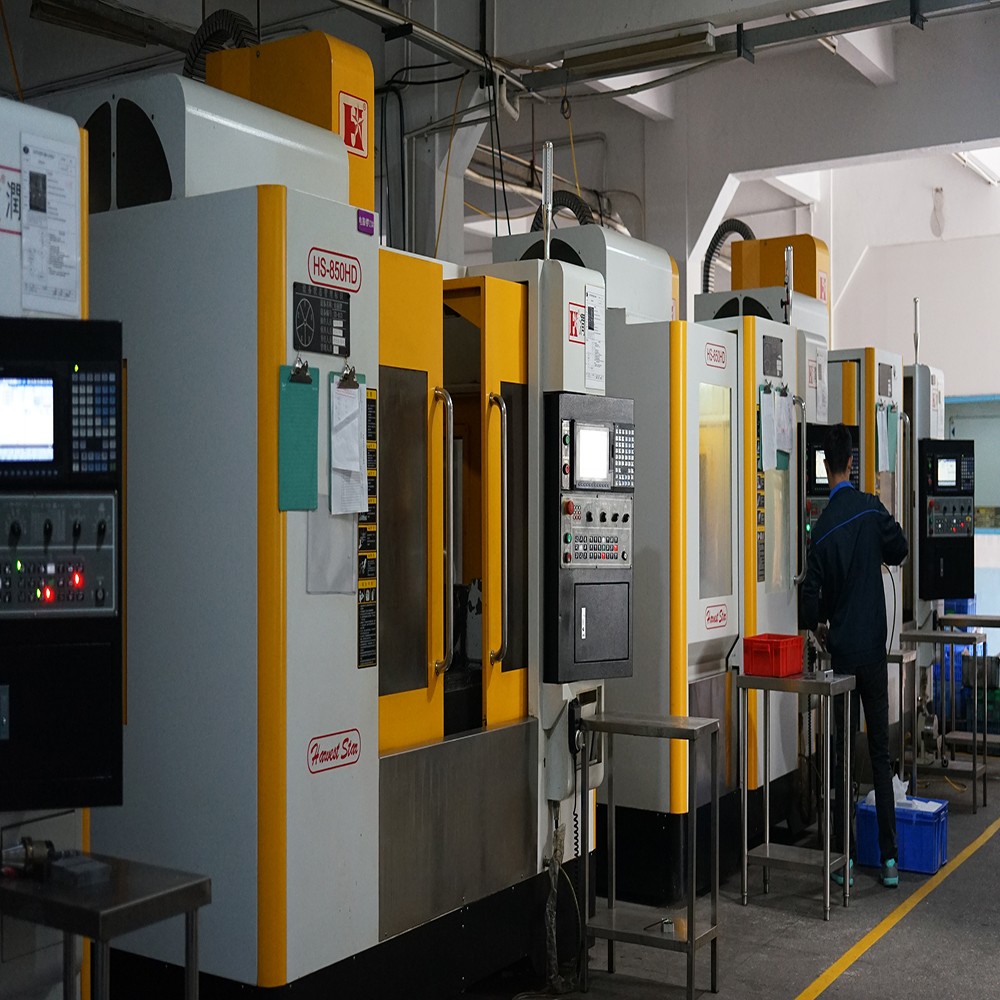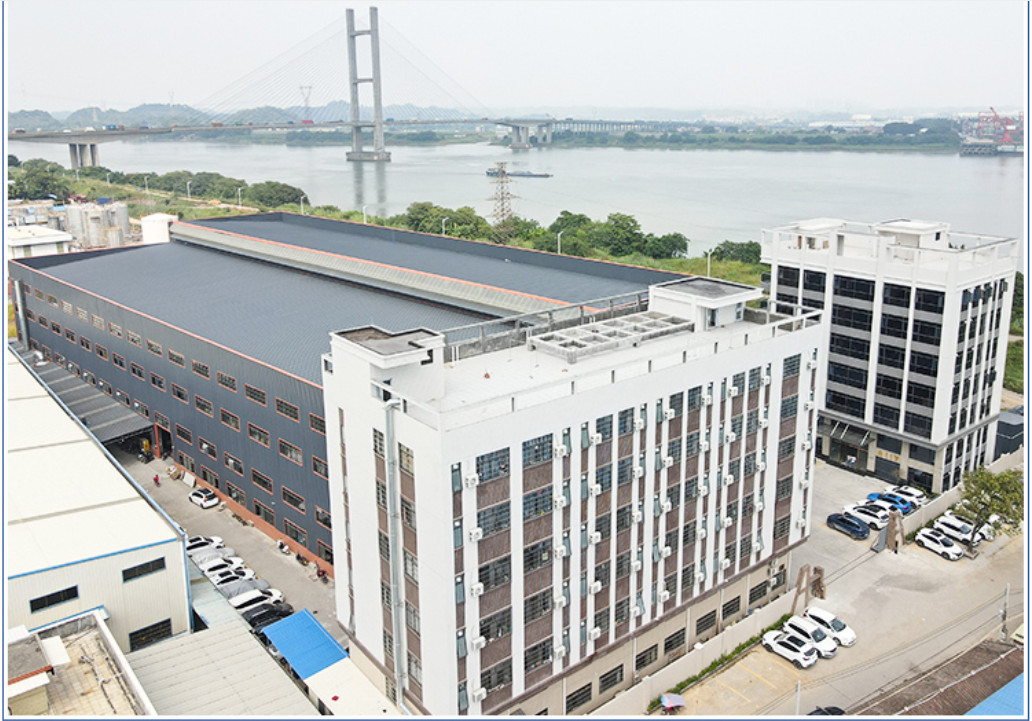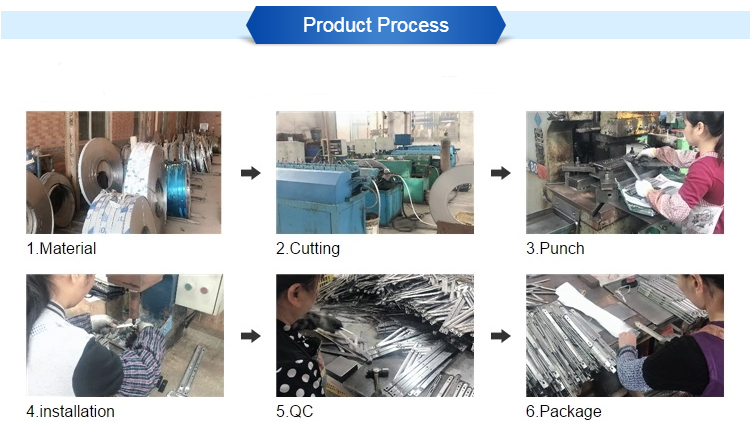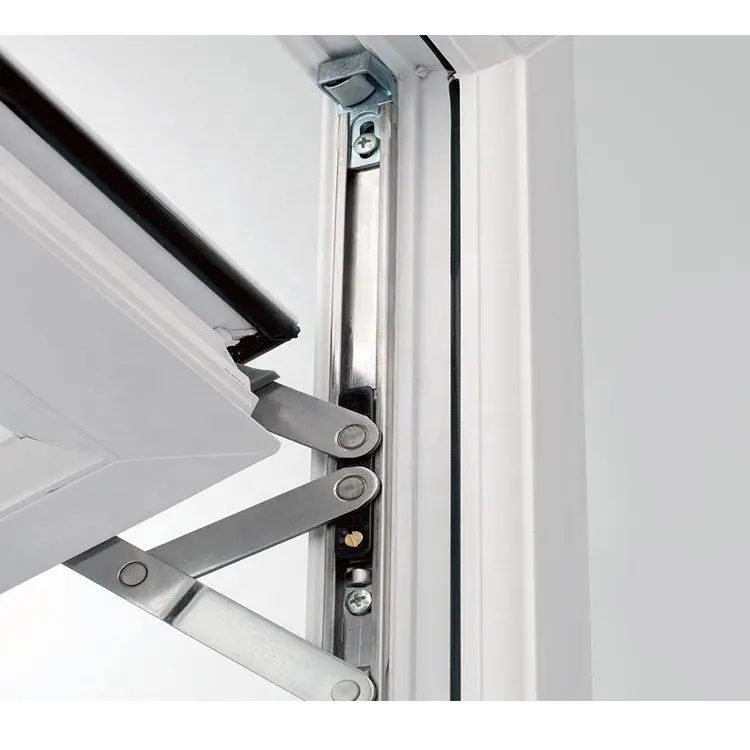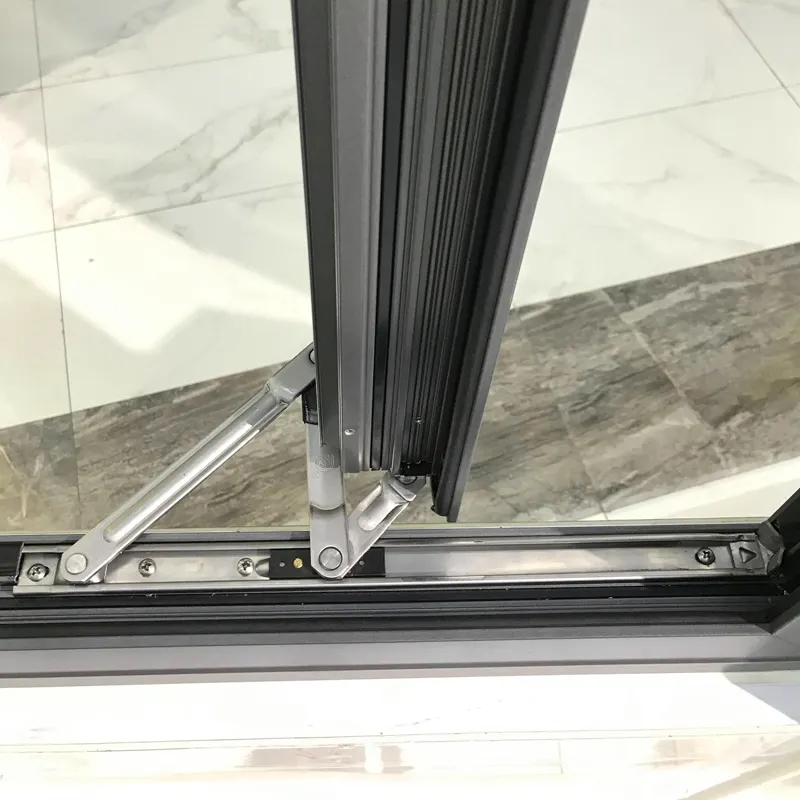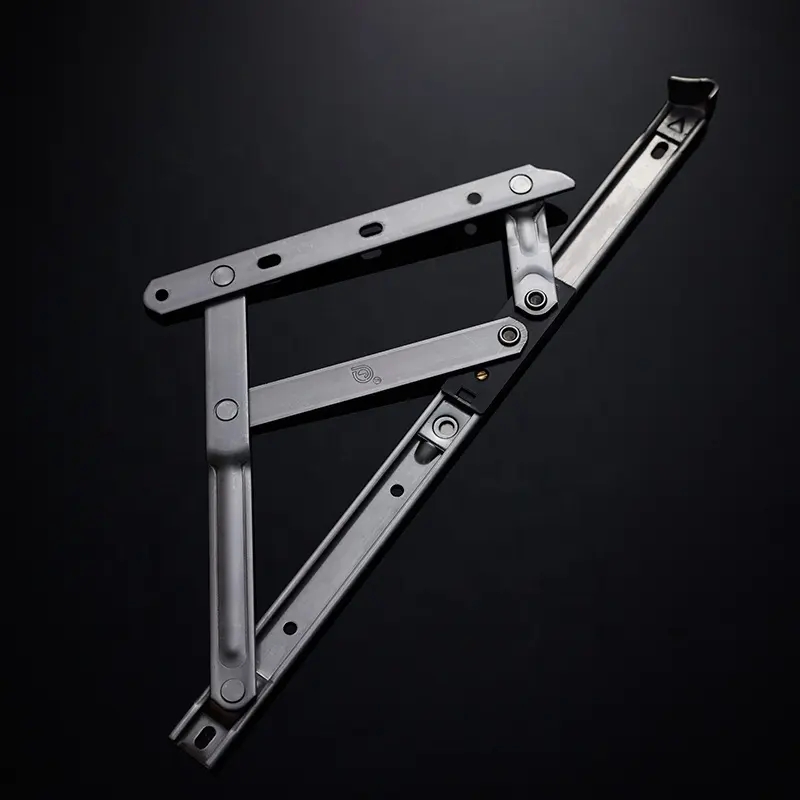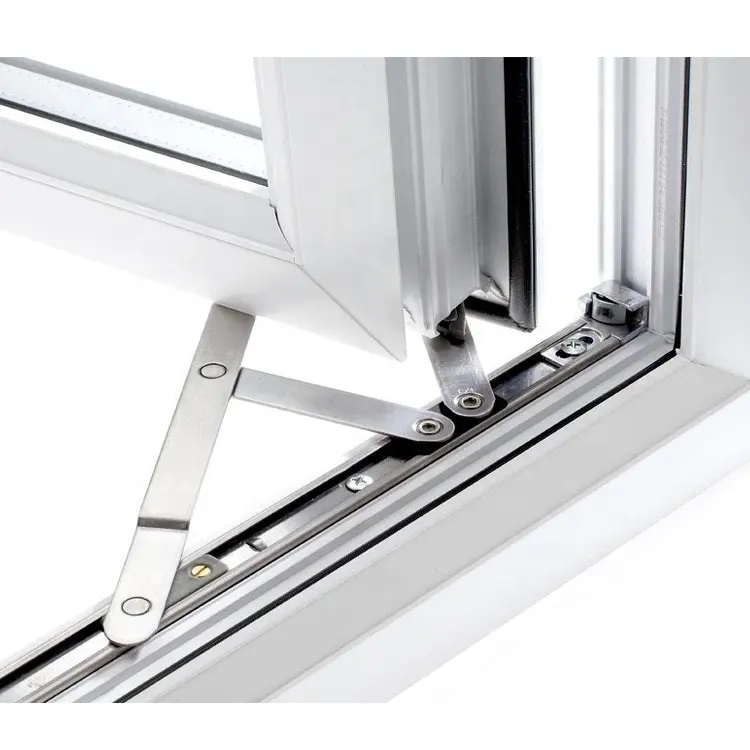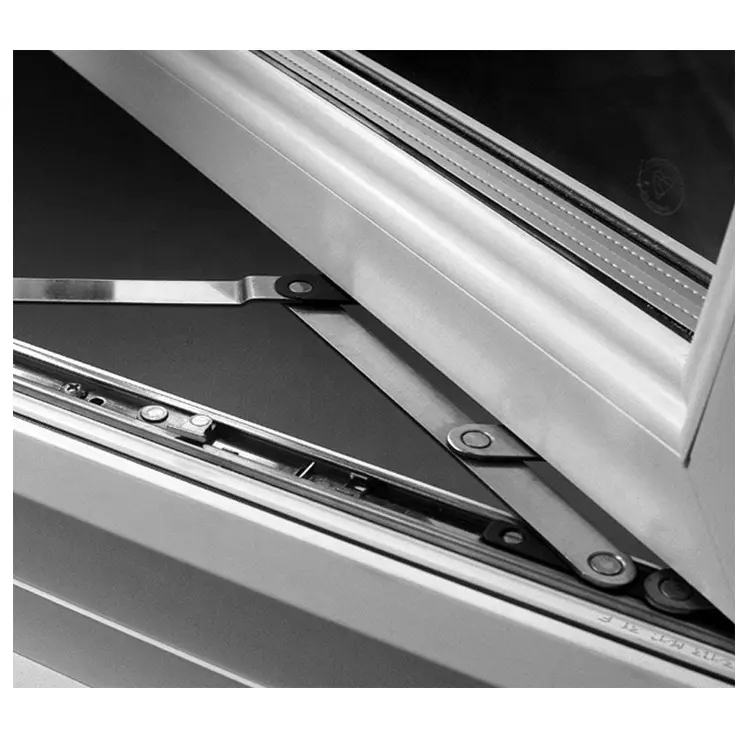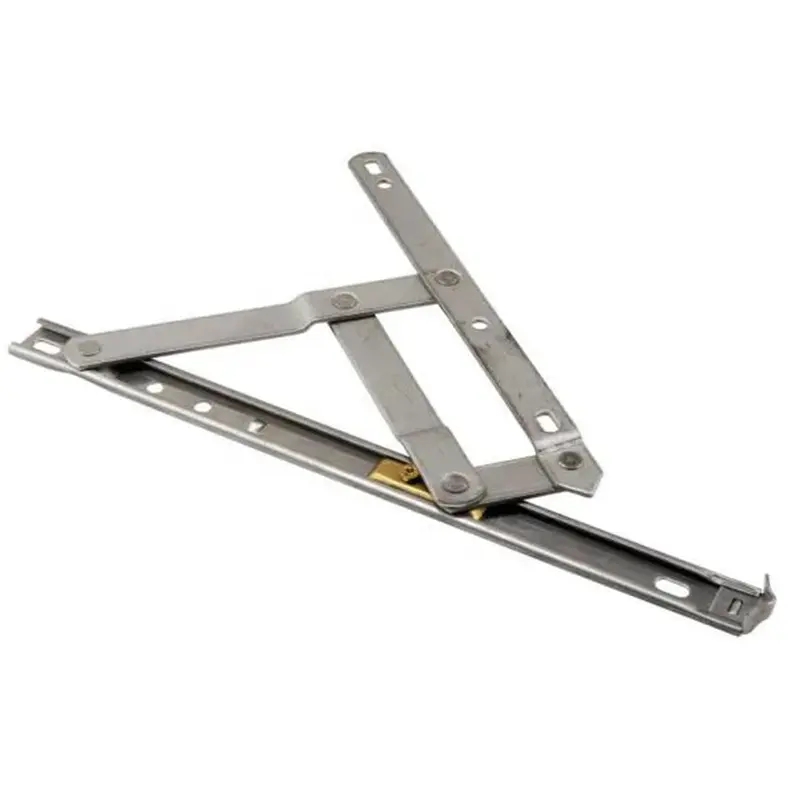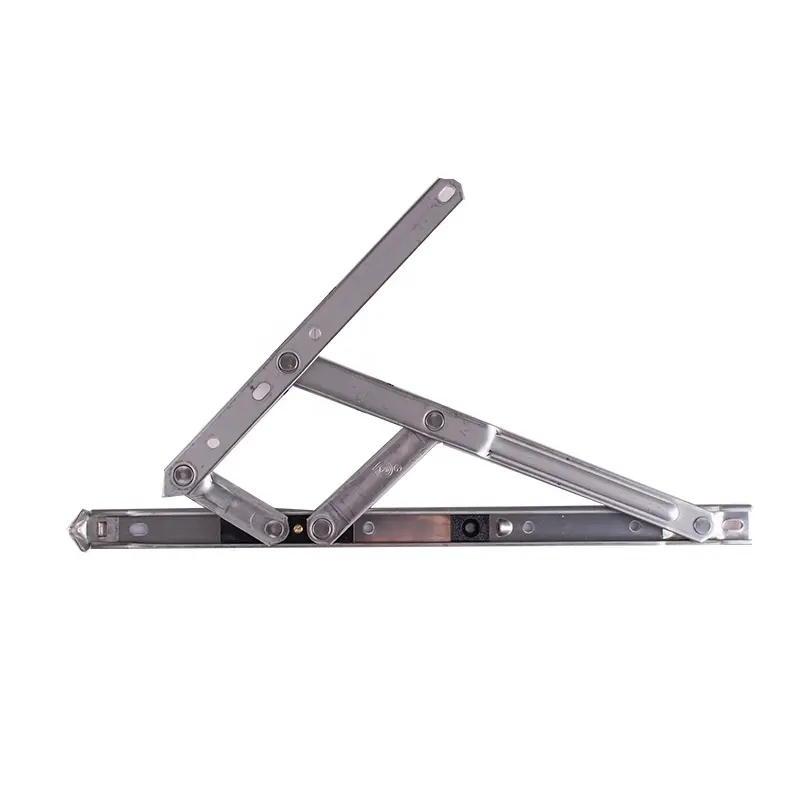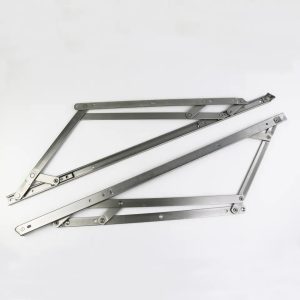Window Hinges: Weaving Aesthetic Appeal and Structural Function in Architecture
Introduction
In the world of architectural ingenuity, where creativity blends with functionality, window hinges emerge as the artisans weaving together aesthetic allure and structural utility. These often underestimated components wield the power to shape both the visual elegance and operational efficiency of architectural spaces. This article delves into the captivating interplay between artistic expression and structural integrity, seamlessly orchestrated by window hinges.
Architectural Choreographers
Window hinges function as the choreographers of architectural movement. They dictate the rhythm of interaction between indoor and outdoor spaces, guiding the cadence of how windows open and close. A pivot hinge evokes moments of tranquility, while a sliding hinge unfurls panoramic views with the grace of a well-rehearsed ballet.
Design as Expressive Form
The design of window hinges serves as an expressive form that communicates architectural intent. Architects have the creative authority to select hinges that resonate with the design language, either harmonizing discreetly or standing out as eloquent accents. The design of these hinges contributes to the personality of a building, narrating stories of heritage, modernity, or visionary aspiration.
Engineering Precision as Architectural Craftsmanship
Beneath the surface aesthetic lies the architectural craftsmanship of engineering within window hinges. Engineers meticulously calculate forces, friction, and material strength to ensure the hinges operate seamlessly and withstand the test of time. This fusion of engineering precision and architectural form elevates hinges from functional mechanisms to refined masterpieces that epitomize the fusion of beauty and purpose.
Aesthetic Harmony in Dynamic Motion
Window hinges contribute to the aesthetic harmony of dynamic spaces. Architects can select hinges that seamlessly complement the architectural style, resulting in a synthesis of form and motion. The interplay between the hinge’s design and the overall aesthetics of the building crafts spaces that are both visually captivating and operationally effective.
Bridging Past and Present
Window hinges act as bridges between architectural legacy and contemporary innovation. Reproduction hinges pay homage to design elements of the past, while modern hinges incorporate advanced materials and mechanisms. This dialogue between tradition and progress forms a captivating narrative of architectural evolution.
Security with Subtle Grace
Modern window hinges seamlessly integrate security measures without detracting from the visual sophistication. Advanced locking systems and discreet designs offer occupants a sense of security without overshadowing the architectural elegance of a space. These hinges symbolize the merger of security and subtlety.
Advocates of Sustainability
Window hinges contribute to sustainable design by enabling natural ventilation and energy efficiency. Architects can strategically position windows to harness natural airflow, promoting passive cooling and reducing reliance on mechanical systems. Hinges play an active role in creating environmentally-conscious architectural solutions.
Envisioning the Future of Hinges
As architecture evolves, so will window hinges. With advancements in materials, smart technology integration, and innovative design concepts, future hinges will redefine their role. These hinges might embrace automation, adapt to changing environmental conditions, and incorporate materials aligned with ecological principles, further blurring the lines between aesthetics and function.
Conclusion
Window hinges serve as the unobtrusive architects of the seamless convergence between architectural beauty and structural functionality. Beyond their mechanical role, they encapsulate the essence of architectural refinement and operational brilliance. Architects, in partnership with window hinges, craft spaces that transcend conventional boundaries, inviting inhabitants to partake in the symphony of aesthetics and utility within the ever-evolving canvas of architecture.
